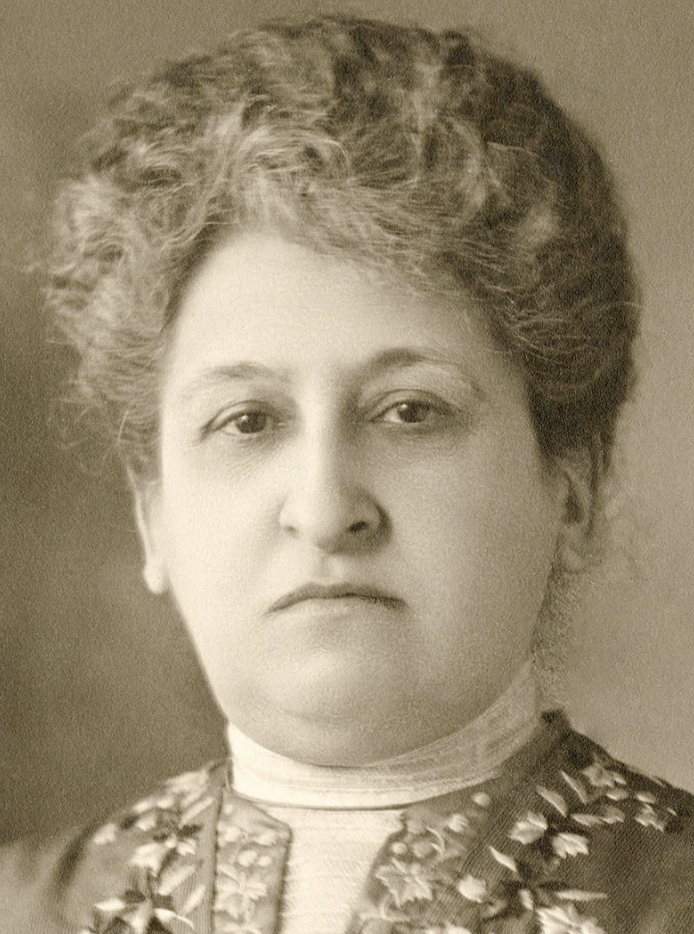peace-activists
Aletta Jacobs

On this date in 1854, women’s rights pioneer Aletta Henriette Jacobs was born the eighth of twelve children to Jewish parents in Sappemeer, the Netherlands. Jacobs wanted to be a physician like her father and brother at a time when there were no female doctors in the Netherlands. She was admitted first to Groningen University and then to Amsterdam University as the only woman studying medicine at each institution. She founded the first birth control clinic in the world in Amsterdam in 1882 and earned her doctorate the following year.
In 1884 she married Carel Gerritsen, a feminist and alderman of Amsterdam and member of the Dutch parliament. Since neither were religious, they opted for a civil ceremony, uncommon for the time. She started a medical practice specializing in treating women and children (often treating poor women for free), which she ran for 25 years.
She assembled a library of about 2,000 women’s studies books in German, French, Dutch and English titles — languages she was fluent in — now housed at the University of Kansas. She retired from medicine in 1903, the year Gerritsen died, to devote her life to feminism and pacifism.
Jacobs embarked on a woman’s suffrage world tour with Carrie Chapman Catt in 1911, asserting that suffrage was the most important means for women’s emancipation. She headed the Dutch Woman Suffrage Association, founded in 1894, and often participated in the International Women’s Suffrage Alliance, presided over by Catt. By the time her memoir was published in 1924, women had gained the right to vote in Holland and many other European countries.
In a letter Jacobs wrote to Catt in 1928, the year before her death, she said: “My dear Carrie, I feel sure we have not lived for nothing. We have done our task and we can leave the world with the conviction that we have left it in a better condition than we have found it.” (D. 1929)
“As a freethinker, she belonged to no organized religious community and disliked religion of any kind.”
— Harriet Feinberg, editor of Jacobs' memoir "Memories: My Life as an International Leader in Health, Suffrage, and Peace" (1996)
